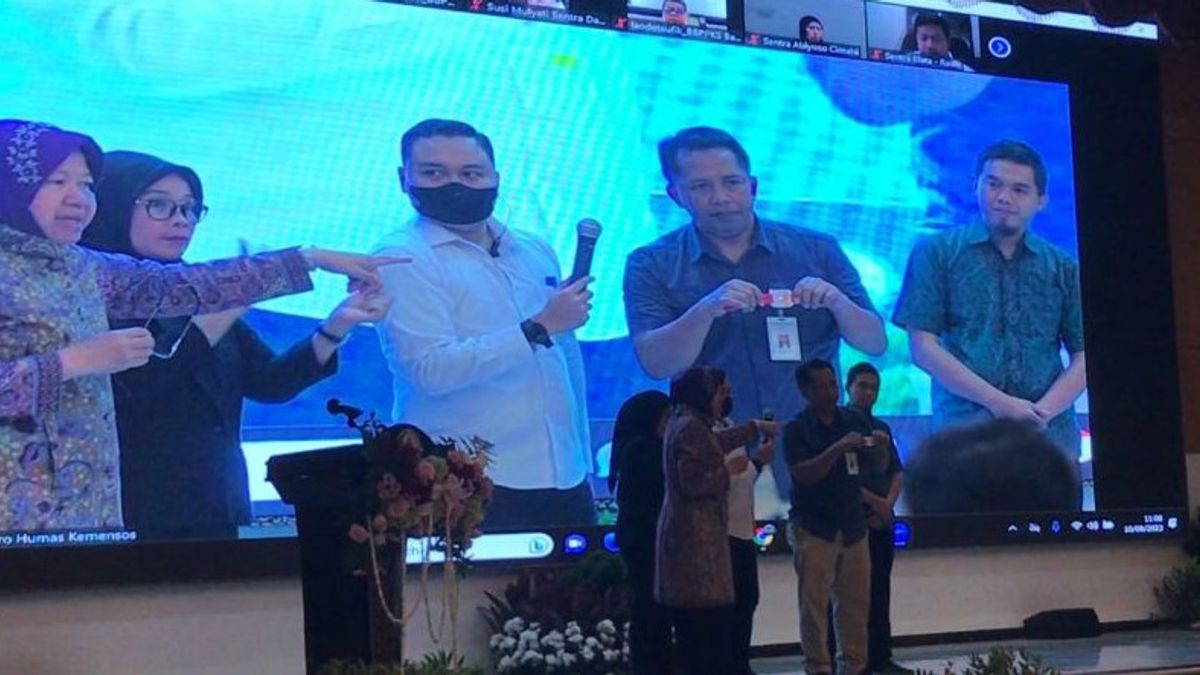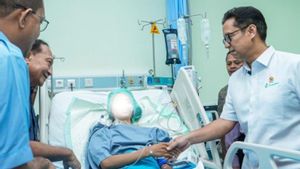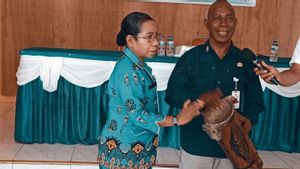JAKARTA - The Ministry of Social Affairs (Kemensos) launched an adaptive bracelet for people with graphita (GRITA) disabilities to prevent acts of violence from occurring against them.
Minister of Social Affairs (Mensos) Tri Rismaharini said that GRITA was created as one of the responses to cases of sexual violence, especially in children who are elderly.
"Even I found, because they couldn't defend themselves when they were processed, so the perpetrators were free at that time," said Social Minister Risma as quoted by ANTARA, Thursday, August 10.
GRITA is intended as an effort to prevent cases of violence that have befallen children with grahita.
The bracelet was created involving the Integrated Integrated Center Suweno Cibinong, West Java.
The GRITA bracelet functions to monitor the heartbeat through a pulse and compare it to a certain limit. If the pulse exceeds the limit, then the siren will sound and the lights will blink as a marker of emergency conditions.
The creation of GRITA involves pediatricians and soul specialists and utilizes artificial intelligence technology. This tool can be used as an everyday accessory.
GRITA has registered Patents with the Directorate General of Intellectual Property of the Ministry of Law and Human Rights with the application number for Indonesian patent registration: P00202307328 dated August 10, 2023.
Social Minister Risma said the budget for the manufacture of disability bracelets was still limited. However, by changing the capital expenditure, this can be done.
In addition to launching GRITA, the Minister of Social Affairs also distributed 100 hearing and speech disability bracelets (GRUWI) to beneficiaries.
The bracelet has a proximity sensor and flows vibrations on the wearer's wrist, so they can notice the loud noise around them. GRUWI is produced by the beneficiaries of disabilities at the Integrated Integrated Center of Inten Suweno.
GRITA and GRUWI were made according to the needs of the beneficiaries who have been registered and prioritized to come from poor families. It is hoped that these tools can also be used throughout Indonesia.
The English, Chinese, Japanese, Arabic, and French versions are automatically generated by the AI. So there may still be inaccuracies in translating, please always see Indonesian as our main language. (system supported by DigitalSiber.id)













